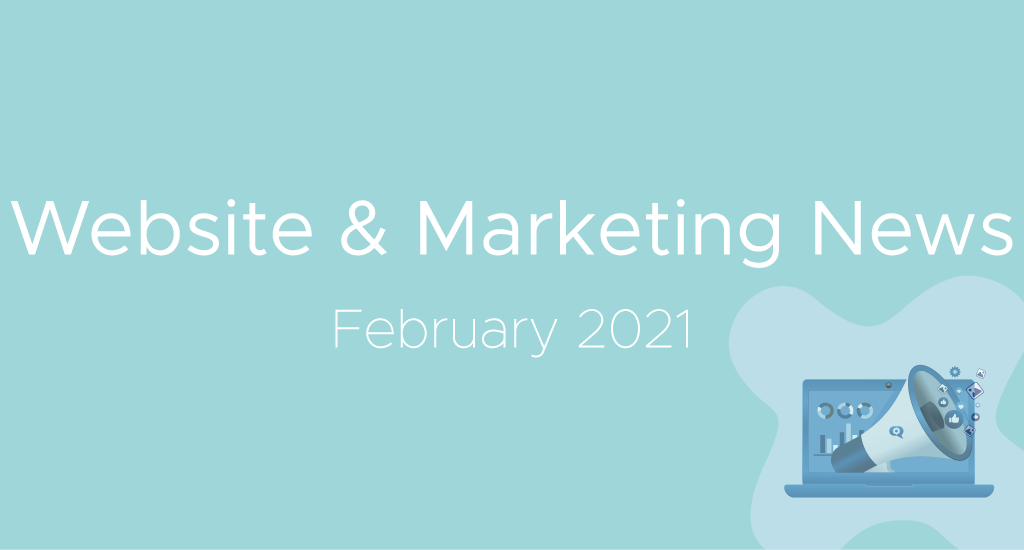A PPC audit is an in-depth analysis of your Google Ads account and current activity, comparing against a benchmark of widely accepted ‘best practice’ and your overall strategy.
Ensuring your strategy is taken into account is important, as an audit can become a copy and paste exercise and won’t be as valuable to you as it could be if not.
The audit can highlight major problems, those issues that need fixing immediately, to minor issues, such as inefficient targeting, and finally to suggested improvements, based on expert knowledge gained through our experience.
Your audit will be provided in Google Slides format, with a clear breakdown in structure. There are 5 areas that are looked at in an audit:
- Account structure
- Keywords
- Ad Copy
- Tracking
- Targeting
Account Structure
A general rule of thumb with account structure is that someone not familiar with your business should be able to go into your Ads account and understand your activity.
Following best practice account structure will help this.
This starts with your naming convention – This should be clear and flexible enough to accommodate expansion of campaigns and ad groups at a later date.
Best Practice (where [x] denotes a variable):
[Account Name] | [Campaign Type] | [Product/Service] | [Match Type]
- Account Name
- Campaign Type
- Product/Service
- Match Type
Example additional variables = Location, Brand/Non-Brand/Competitor
Next, budgets are analysed. This looks at how budgets are spread, whether they are enough etc. Having too small a daily budget for high CPC keywords can reduce performance considerably.
Analysing Bid strategies, if being used, are an important part of an audit. These can be very powerful tools to increase the performance of your account, but if being used incorrectly (e.g. with too little data), they can be having a net negative effect.
Your Ad group structure is also important and should group keywords by theme, up to a maximum of 20 KWs.
Examples of themes = Colours, sizes, ToFu, MoFU, BoFu
The more granular you can go with your structure, the more effective your ads can be. Using Single Keyword Per Ad Group (or SKAG) can help increase the relevance of your ad copy to the keyword, by allowing you to tailor your ad copy to that specific keyword.
In practice, this is difficult to do with 1000s of keywords and without a script.
But even reducing the number of keywords in your ad groups (and therefore increasing the number of ad groups), you can create more tailored ad copy.
Keywords
A successful audit should deep dive into your account’s keywords, ensuring coverage is effective.
The first thing an audit will do is to look at the performance of your existing keywords. This includes Quality Score, CPC and CPA analyses.
QS is a rating of how highly Google rates your keyword, based on the 3 criteria of expected CTR, Ad Copy relevance and Landing Page experience. If a keyword has a low QS (generally below 6), then it is considered to be of poor quality and will be inflating your CPCs, therefore costing you more money and wasting budget.
Filters on Google Ads allow us to find problematic keywords easily. An Audit will use these to find high spend, non-converting keywords as well as high CPA and high CPC keywords.
These keywords may provide value to your business (i.e. you can take a hit on high CPA), so you can decide whether or not to pause these.
Coverage is the next step in analysing keywords. This looks at match types, negative keywords and missing keywords.
Using a mixture of match types is an effective way to maximise efficiency of spend, whilst looking for growth opportunities. Best practice suggests using a combination of exact match and broad match modified keywords in separate campaigns.
Exact match can tightly control your spend on individual search terms (using a greater portion of your budget), whilst broad match modified keywords can help you mine search terms for new keywords.
Ad Copy
With Ad Copy, your audit will start with the basics: Spelling & Grammar. It sounds very simple, but human error can slip in very easily with ad creation, so having a second look at spelling and grammar is important. No one wants to have simple errors like that in their marketing!
Next is another simple check, but again can cause significant impact to your account – Disapproved ads. There can be a number of reasons for ads being disapproved, but the audit can help identify any key errors, with many likely with simple fixes.
Looking at the content itself is another important focus of the audit. There are many recommendations for things to include ad copy, but the audit will pick out key areas your ad copy does well in and some areas you could improve, all in-line with our best practice. For example looking at your Call To Action, urgency and relevance to your audience.
Finally, we’ll look at your ad structure. This includes things like ad extensions and whether or not you are using the Headline 3 and Description Line 2. These all add extra impact to your ad and more importantly feed into your Quality Score.
Tracking
Tracking is by far the most important part of any account – It allows you to understand what impact your activity is having, as clicks and impressions show only part of the story. It also happens to be one of the trickiest to get right and fix if it goes wrong.
With our audit, we’ll check whether your tracking is set up correctly, including both Ads and Analytics tags. Using Tag Assistant we can diagnose any issues, including double-firing tags.
The final point we’ll check is Personal Identifiable Information – After GDPR, Google has become incredibly hot on ensuring data collected through Ads and Analytics is not unencrypted personal data. Google are not above deleting your account (yup, we’ve heard that happen) without blinking, so our audit will give you the comfort and knowledge that no PII is being collected.
Targeting
Last, but not least, is targeting. The audit will evaluate your current targeting and check whether it’s working towards your goal or not.
Key areas we’ll focus on are device, location and ad scheduling.
The analysis of device performance will highlight any issues that are currently occurring. A common problem is lack of a mobile-optimised site, which can heavily throttle your opportunity to capture traffic early in the funnel.
Location analysis will heavily depend on your strategy. If you are a local business with limited operational range, this should be of high importance. Using micro adjustments to your targeting can be of massive benefit, particularly with postcode level adjustments based on your target audience.
Ad scheduling is another analysis that will heavily depend on your strategy. If you are looking for telephone leads, then ad scheduling can limit traffic to times of the day when your office or call centre is open.
We’ll also make suggestions on utilising targeting more effectively, such as using positive bid adjustments for desktop users or creating a stricter ad schedule to focus only on working hours of the day.
The Traffic light system
Our audit uses a traffic light system – This helps show the current situation for each of the 5 focus areas.
Green is great, there’s nothing currently wrong with the set up – We may make some suggestions for improvement or growth.
Amber means that there are currently small issues with the area – This may be some simple fixes or some bigger ones that will help improve efficiency
Red is more serious – This is either because something is broken or missing completely. An example would be tracking, as this is an incredibly important part of your account.
Summary
Our audit will help you understand what’s working in your account and what currently needs work.
It’s difficult to get value out of an automated audit, particularly if you are aware of the issues already.
But our deep-dive manual audit can provide much greater value to you, offering both quick fixes and suggestions for long-term strategy. We’ll also provide time to run through our findings and explain in detail our recommendations – we’ll make sure you’re comfortable with making any changes!
Your next step is to book your free account audit, sign up now!







